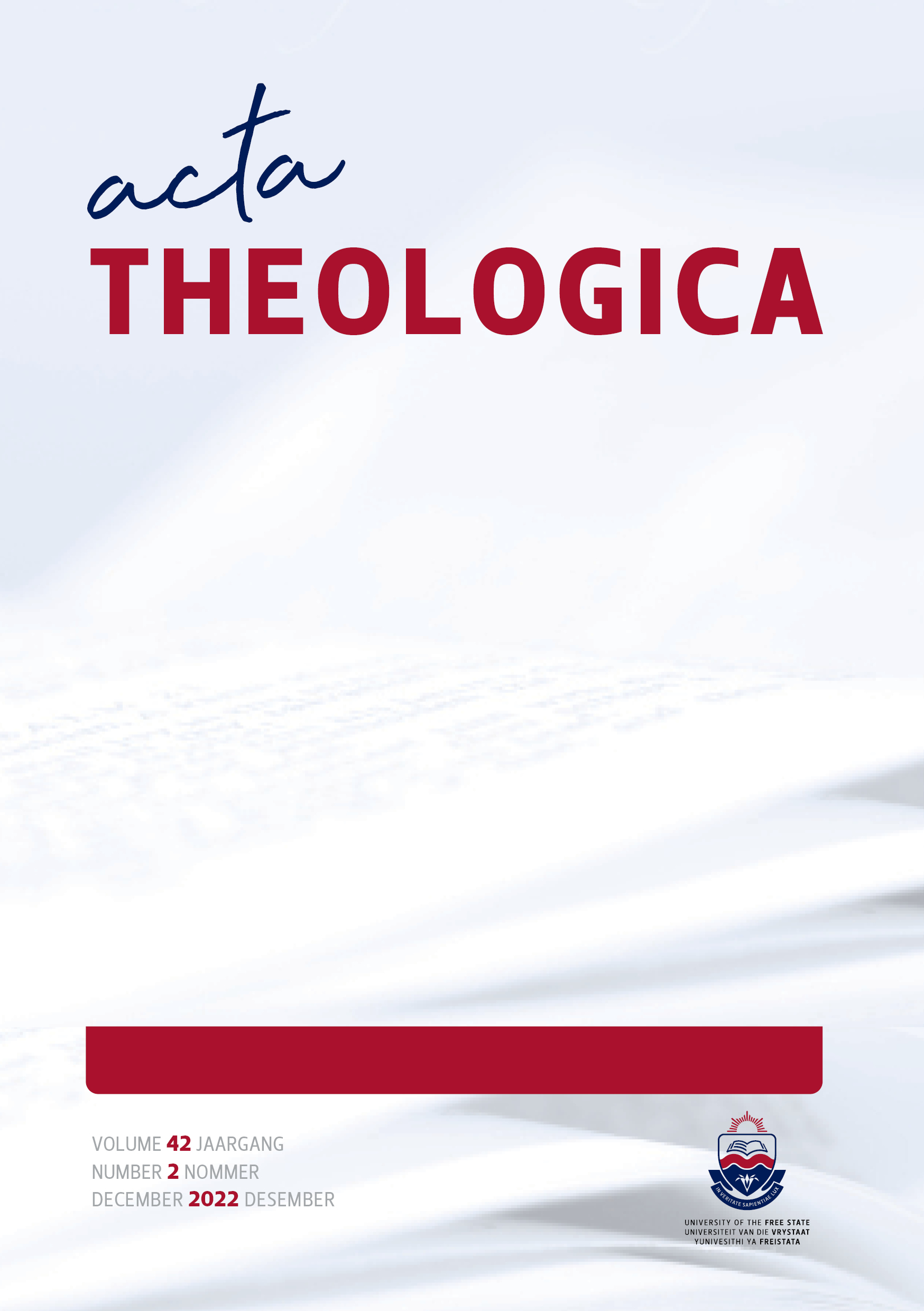Faith in the modern Reformed church: Calvin and Barth
DOI:
https://doi.org/10.38140/at.v42i2.6950Keywords:
Faith, Assurance, Justification, ScriptureAbstract
Calvin and Barth are arguably the main exponents of two notable soteriological camps in the Reformed world nowadays and their soteriology has wide and sometimes unarticulated impacts on Reformed doctrine and praxis. By exploring the systematic theologies of Calvin and Barth, we articulate the similarities and differences between their views of faith. Both theologians emphasise that an individual’s faith must be in Christ and not in one’s own works; neither is one
justified because of one’s faith, but because of Christ’s redemptive work. The locus of faith is the main point of difference: Calvin locates an individual’s faith in the Christ revealed in the Bible, whereas Barth locates it in Christ’s immanent revelation of himself at a time of crisis. Behind this difference are divergent views of the Bible and its relationships with theology and praxis.
Downloads
##submission.downloads##
Published
How to Cite
Issue
Section
License
Copyright (c) 2022 Author

This work is licensed under a Creative Commons Attribution 4.0 International License.








